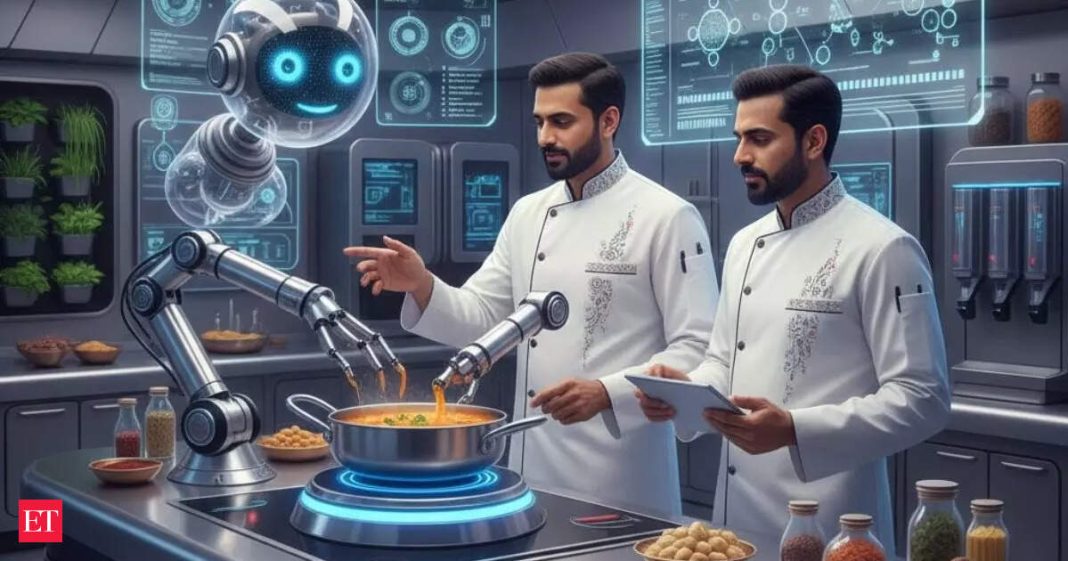IIIT-Delhi’s AI ‘Ratatouille’ Creates Innovative Recipes from Your Ingredients
Researchers at IIIT-Delhi have developed an AI system called ‘Ratatouille’ that can generate entirely new recipes based on available ingredients and dietary preferences. The platform represents a decade of work in the emerging field of computational gastronomy.
Key Takeaways
- AI system creates culturally coherent recipes from chosen ingredients
- Can design meals for specific health conditions like diabetes and obesity
- Platform learns from thousands of validated recipes to ensure safety
- Available as a web-based research tool for public use
The Birth of Computational Gastronomy
Professor Ganesh Bagler’s journey began over ten years ago as a classroom exercise at IIT Jodhpur. “We were studying patterns in global cuisines and I realized no one had examined food through data and computation,” he recalled.
His lab at IIIT-Delhi has since pioneered the fusion of culinary arts with data science, creating structured databases covering thousands of recipes, ingredients, nutritional values, and even carbon footprints.
How Ratatouille Works
The AI system can generate novel recipe combinations, such as Brazilian-style dishes with Indian spices, or design protein-rich, low-calorie meals. It factors in dietary constraints for health conditions where nutrition plays a critical role.
“Given a few ingredients, our system can create new, culturally coherent recipes,” Bagler explained.
Safety and Practicality
The AI learns from culturally validated recipes to avoid impractical combinations. “It knows from existing data that chilli in a dish would typically be one or two teaspoons, not ten,” Bagler said, ensuring the system avoids toxic or unrealistic ingredient proportions.
Future of AI in Cooking
While AI advances in art and music, Bagler believes food remains a deeply human experience. “People often ask if AI will replace chefs. My answer is: AI will not replace a chef, but a chef using AI will replace one who doesn’t,” he stated.
The project continues to evolve with published research papers and ongoing development. Users can access the platform to generate personalized recipes based on their preferences.




